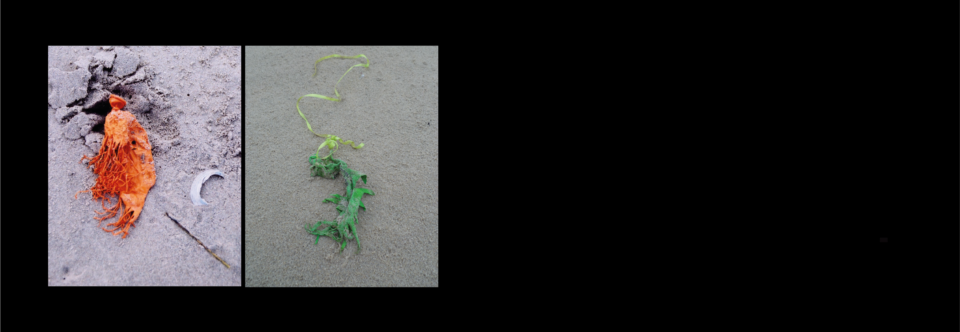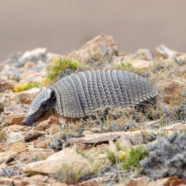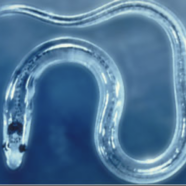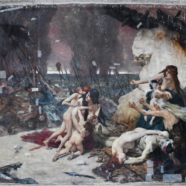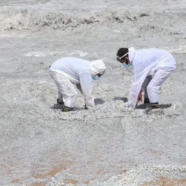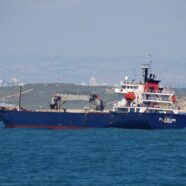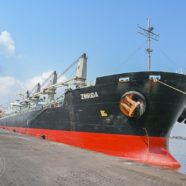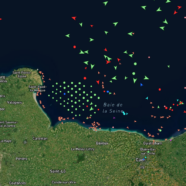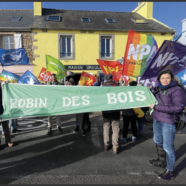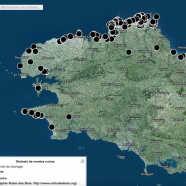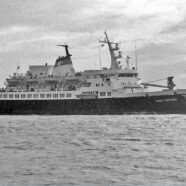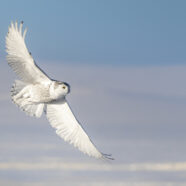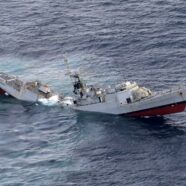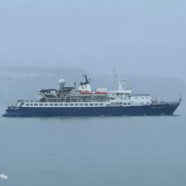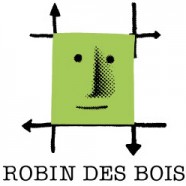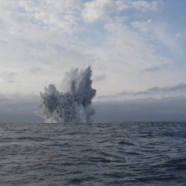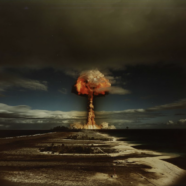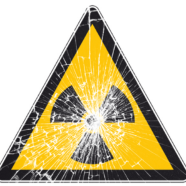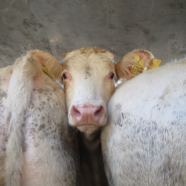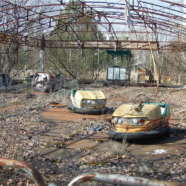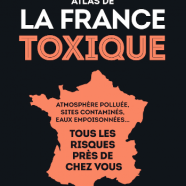“On the Trail” n°44, the defaunation bulletin
“A la Trace”, French version
“On the Trail”, English version
Quarterly information and analysis report on endangered animals poaching and smuggling
No. 44
1,545 events
between January 1 and March 31, 2024
1,184 sources, 244 pages, 7.2 MB
Jail for glass eel traffickers
302 kg of European glass eels (Anguilla anguilla), i.e. around 900,000 specimens, were seized in February 2023 in Villeneuve-Saint-Georges, south of Paris. The investigation shed light on the mechanisms of the conspiracy
(Français) Consultation publique – projet de décret relatif à l’ouverture de la chasse anticipée du cerf élaphe
For a ban on nuclear weapons
On Sunday, January 26, 2025, Robin des Bois joined Nihon Hidankyo, the Japanese association awarded the 2024 Nobel Peace Prize representing the survivors of the atomic bombings of Hiroshima and Nagasaki, in a peaceful demonstration in front of the Ile Longue nuclear ballistic missile submarine base, 10 km as the crow flies from the centre of Brest urban area (Department of Finistère, Brittany), which has a population of over 200,000.
Shipbreaking is broke, including in India and Bangladesh
The demolition of merchant vessels is almost at a standstill, which does not avoid death in the shipbreaking yards.
Syrian chemical weapons
In 2013 and 2014, Robin des Bois published 6 information notes accompanied by maps, based on its culture of war waste management and telephone conferences with the OPCW (Organisation for the Prohibition of Chemical Weapons) and its experts concerning the destruction of components of Syrian chemical weapons on board a US Navy factory ship, the Cape Ray.
“Shipbreaking” #72, the International Shipbreaking Show
“Shipbreaking” #72
the Bulletin of information and analysis on end-of-life ships
April-May-June-July-August-September 2024
97 pages – 128 sources (16.8 Mo)
Shell abuse
On the 80th commemoration of the Normandy landings, Robin des Bois publishes its 9th inventory of discoveries and blasting of unexploded ordnance after the wars.
Russia/Ukraine
Nuclear, gas, forest fires, maritime safety…
Publications of Robin des Bois on the war in Ukraine and the French-Russian nuclear issue:
“Ukraine : Robin des Bois keeps a close watch on grain”, August 2, 2022
“La guerre du nucléaire”, 8 juin 2022 (Only in French)
“Le gaz russe avance masqué – suite”, April 26, 2022 (Only in French)
“Ukraine/Russie. Exclusif : les cargos et les marins otages de la guerre”, April 20, 2022 (Only in French)
“L’Union fait la farce”, April 14, 2022 (Only in French)
“Les roublards” (Gaz et Nucléaire), April 7, 2022 (Only in French)
“Arrivée du Clean Planet au terminal gazier de Dunkerque”, March 30, 2022 (Only in French)
“Le virus russe”, March 25, 2022 (Only in French)
“Russian gas is covering up”, March 18, 2022
“Despite the tensions, the current flows”, March 7, 2022
“Russian gas on the trail”, March 4, 2022
“White flag on nuclear sites”, February 28, 2022
“The Atom of Discord”, February 25, 2022
“Sanctions against Russia: will they dare?”, February 24, 2022




